During the first plenary session at the European Parliament in Strasbourg I experienced the hatred and the grievances stemming from a large part of the chamber. One of the instances was a former MEP of the UKIP stating that he was sitting there basically to “destroy the Assembly”. Is that what we need and what we really want in Europe?
Lighting a fire in a Union built from the bloody ashes of Second World War is not just paradoxically a threat but a rash reaction to worldwide requirements. We often confront national specificities within the European frame. Identity is not about beer or wine nor is it about tea or coffee or whisky or vodka. Indeed, it’s much more than a flag, a 5 Euro banknote or the “Ode to joy” being sung by a scholars´ choir. It is about shared principles and a particular approach to global dynamics. Thus, we must acknowledge the urgency of rekindling our common values and goals in order to get rid of our long-term complexes. In the past 25 years Europe has pushed its borders through the post-communist space, uniting a continent divided during Cold War clashes. And what have we subsequently built? A space without convictions? Perhaps, but what is more it is one without horizons.
The debate we are facing today is whether or not identity will play a main role in the current crossroad of Europe’s misguidance. Universal principles such as human dignity, the right to live and the equality of races have hitherto been at the forefront of our external action. It has been in our foreign policy such as; inter alia, migration and development aid. Being European is also steering Member States towards a common humanitarian strategy as we have demanded following the sinking of the 700 hundred migrants in the Mediterranean Sea. The recently proposed quota system for refugees claims once again for regional solidarity. -Since Europe is where our values lie.
Therefore, being European is not just about living within the territory but being respectful of cultural traditions as well as committed to civic and social requirements. However, globalisation and migratory fluxes have brought about deep challenges. For instance: the rapid growth of Muslim communities within regional borders. In fact, countries such as France, Germany, Belgium and the United Kingdom have up to 12 million. Is that the end of Europe or the beginning of a clash of civilisations? Absolutely not!
First of all, it is undoubtedly the case that we have learnt a lot from Muslims, especially in Spain. Astronomy, mathematics or agricultural advances are just examples of a historical heritage. Moreover, we should take into account that the most ancient precedent of a former declaration of Human Rights is the former Cyrus Cylinder from the Persian Empire which recognised the freedom of religion - dated to the 6th century BC-.
However, the foreign importation of some troubling practices is threatening European stability. Currently, just 25 to 30% of imams in France are actually French. Regarding the “Conseil Français du Culte Mussulman”, 35 out of 41 members are representatives of Algerian and Moroccan Schools as well as the Muslim Brotherhood. Moreover, the symbolic mosque of Paris is controlled by the Institut Gazhali, financed by the Saudis’ absolutist regime.
The events at Charlie Hebdo have revealed the urgency of setting religious matters on the political agenda. Whether or not we assume state secularism it is mandatory to react promoting regulation in this field. Without, obviously, confronting freedom of worship. Whilst in the European Parliament I heard a proposal of the imam of Drancy urging the development of an “Islam of Europe”. We have already regional branches among catholic seminars as well as a “Seminaire israélite de France” where they teach Judaism according to liberal values. Therefore, why should it still be a taboo to tackle the issue of Islam?
Concerns about Islam have been at the edge of religious national policies for the last 15 years. For instance, Belgium’s government proposed in 2013 the creation of a national funded network of “Public Institutes of Islamic Studies” as well as teaching Islam directly from the primary school level. Likewise, a decree on civic integration was approved in 2003 stating that foreign imams must be engaged on preliminary studies such as language requirements and citizenship values and obligations.
Nevertheless, the French case is paradigmatic. Whereas Belgian attitudes towards religion have usually stemmed from a neutral vision of secularism, France has traditionally been putting aside these kinds of matters from the political arena. Despite the efforts stemming from socialist governments little progress has been made in the past decades. But time has run out and we should rethink the strategy. In this respect, let’s have a look on the “Rapport Messner” of 2013, [1] demanded by Manuel Valls.
Whereby it is proposed to foster the availability of a Bachelor Degree on “Intercultural practices, Secularism and Religion” among public universities. A Degree which would be mandatory to study in order to become, in this case, a French imam. Thus they would learn, inter alia, on Family Law, Work Law, Liberty of Belief and Secular practices as well as values such as democracy, liberty and gender equality. Thus seeking to avoid the importing of foreign values, making it easier for integration into French society.
At this point we must ask ourselves a question. Why not coordinate these efforts on a European level? In 2013, the Saudi Arabian headquarters Organisation of the Islamic Conference officially inaugurated a Permanent Observer Mission to the EU as a main stakeholder seeking to become the spokesman of European Muslims.
In my opinion, by encouraging Member States to the creation of coordinated Centres of European Islam we would ensure the promotion of shared values among imams as well as enhance the principles that lean on a common identity. This is largely made by the attachment to fundamental rights, and so far by the commitment with democracy and gender equality.
These measures may sound challenging, but Europe has been built in the most troubled century of mankind. Islam ought to be understood not as a threat to regional stability but as an opportunity to spread intercultural respect as well as to ensure the integration of minorities to European society and European values. The ground where we can grow the seed of regional reconciliation and the enlightenment of a common framework. Europe has hitherto been an example of interreligious cooperation and is currently the most successful example of regional integration. We made peace and we made tolerance. We should never forget what make us Europeans. Pursuing our common roots and our foundations is essential, since a tree without its roots dries out.
Our generation has inherited our parents’ accomplishments. We did nothing at that time, but the future is now in our hands. Let’s talk about identity.
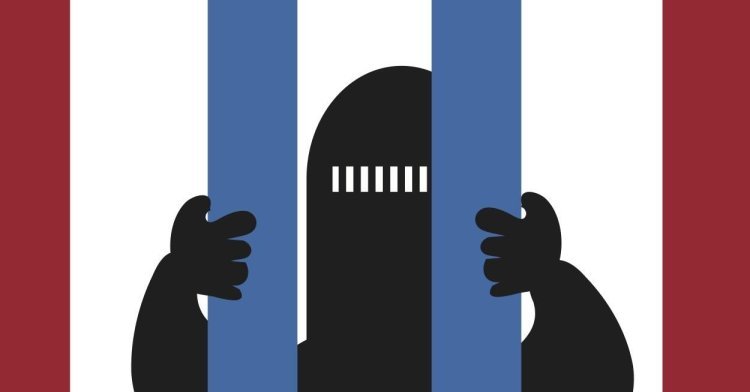
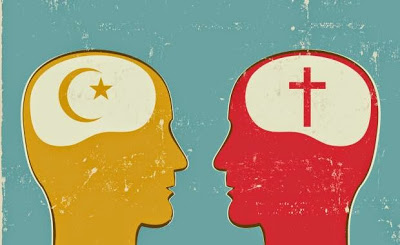
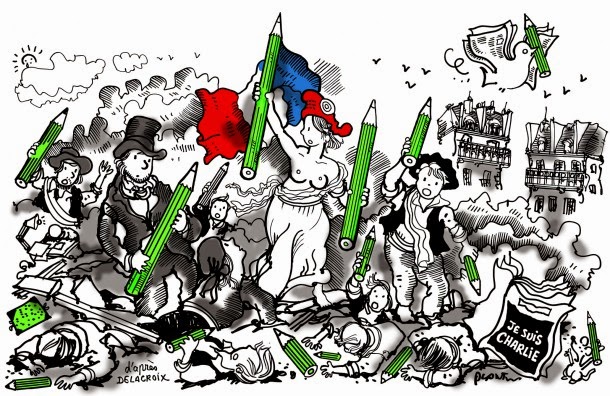
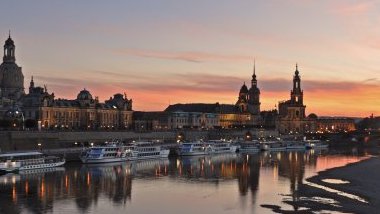
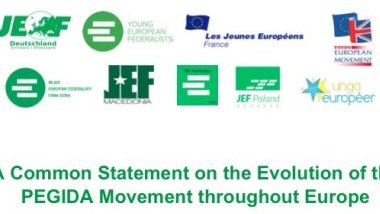
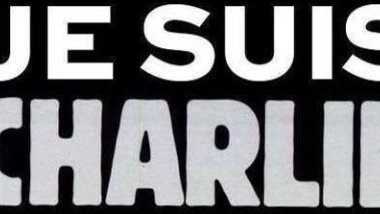
Follow the comments: |
|
